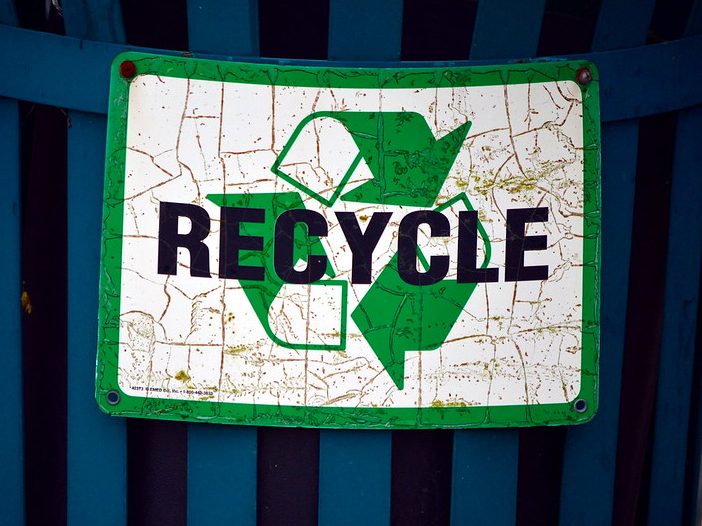
Photo: Bill Smith
Amsterdam launches next stage of its circular economy programme
01 April 2020
by Christopher Carey
Amsterdam will launch the fourth stage of its circular economy initiative next week, with 200 new projects planned for the coming year.
Its 2020-2025 strategy, set to be published 8 April, will build on last year’s programme that saw 116 projects implemented.
Speaking during the OECD’s ‘Spotlight on the Circular Economy in Cities’ webinar, Eveline Jonkhoff, Amsterdam’s circular economy strategic advisor, said: “We as cities are in the position to build bridges between different departments, municipalities, companies and universities, because we need all their experiences in order to change our linear systems and maintain resilient cities.”
In 2015, Amsterdam commissioned an in-depth study on the potential for transitioning to a circular economy–the first city in the world to do so–and has since set a number of targets:
- By 2025, 65 percent of all household waste must be separated to enable recycling or reuse.
- By 2030, there must be a 50 percent reduction in the use of primary raw materials.
- By 2050, the city must have a fully circular economy.
The 2015 report concluded that going circular would reduce pollution, create more jobs and boost the economy, and the results were presented to Amsterdam’s residents and the business community.
Their input was then used to launch two programmes: Amsterdam Circular: Learning by doing and the Circular Innovation Programme.
Three other European cities: Umeå (Sweden), Valladolid (Spain) and Groningen (Netherlands) also outlined their circular economy plans in reports published by the OECD.
Groningen’s initiative focuses on five areas: energy; water and sanitation; biomass and food; waste; and construction and demolition.
“When it comes to waste, we want to be 100 percent circular by 2025, which is very ambitious” said Anne Helbig, Policy Officer, City of Groningen.
Valladolid–one of the first cities to sign the Declaration of Seville in March 2017–committed to strengthen the role of local governments in the circular transition by developing local strategies on zero landfill, recycling (especially bio-waste), waste prevention (particularly food waste), eco-design, and the public procurement of green products.
In 2017 and 2018, the municipality launched two calls for projects to finance circular economy initiatives to stimulate local businesses and entrepreneurial activities and raise awareness. The resulting 61 projects received one million euros in total funding.
In Umeå, civil society and business, in particular, have been working together to minimise food waste, make mobility cleaner and increase the use of recycling materials in the building sector.
Circle City Scan Tool
A new digital tool that supports cities to create action plans for the transition to the circular economy has been launched by Amsterdam-based organisation, Circle Economy.
A prototype of the tool is now available through a closed beta programme, and is open to cities to apply to join.
The tool is pitched to enable local governments to discover and prioritise circular opportunities for their city, based on proprietary and publicly available socioeconomic and material flow data, relevant circular case studies, and users’ input as to which sectors, materials, and impact areas are a priority in local agendas.
The prototype builds on Circle Economy’s previous work in developing circular economy action plans over the last five years, including for cities such as Amsterdam, Glasgow, Basel, Almaty and Philadelphia.







